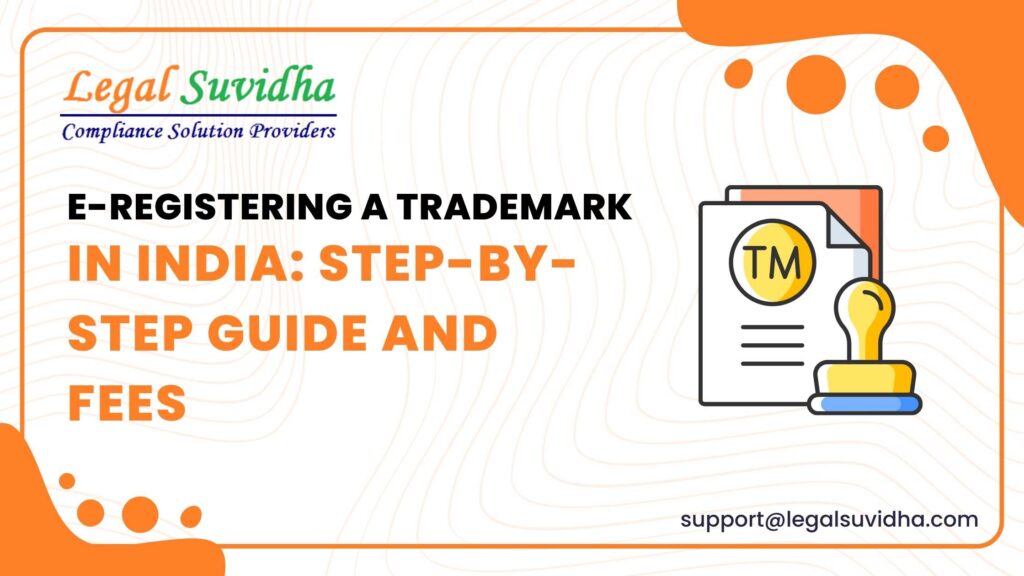How Social Media Influencers Make Money and pay taxes
How Social Media Influencers Make Money Influencer marketers in India have a variety of income sources. By combining several, they can build a sustainable business. Here’s a comprehensive guide to how influencers in India make money: 1. Sponsored Content Sponsored content is a primary income source for many influencers. Brands pay influencers to create and […]
How Social Media Influencers Make Money and pay taxes Read More »













